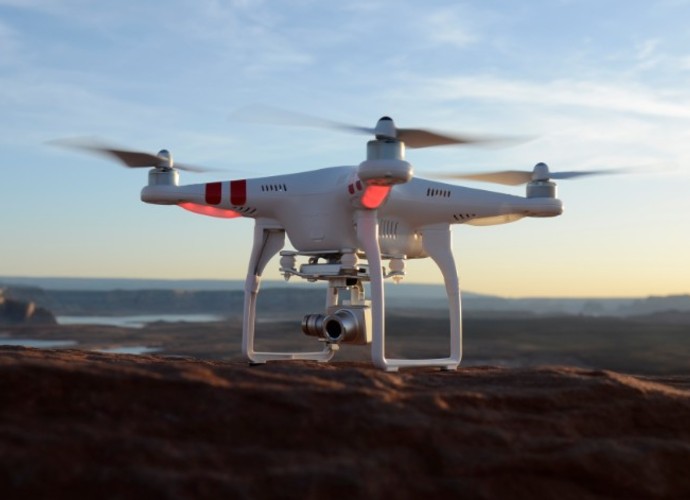MIT researchers have recently unveiled an innovative AI-driven drone system poised to revolutionize autonomous flight and aerial maneuvering. This cutting-edge technology addresses a critical challenge in drone operation: maintaining stability and accuracy in unpredictable and dynamic environments. The system leverages advanced machine learning algorithms to enable drones to adapt in real-time to unforeseen disturbances, such as strong winds, turbulence, and shifting payloads, ensuring safer and more efficient operations across various sectors.
The core innovation lies in the drone's ability to learn and adapt from minimal data. Unlike traditional control systems that rely on pre-defined models and expected disturbances, this new system employs a neural network that builds an understanding of unexpected forces based on observational data collected during just 15 minutes of flight. This rapid learning capability allows the drone to quickly adjust its flight path and maintain its intended trajectory, even in the face of significant environmental challenges.
A key component of the system is the use of "mirror descent," a family of optimization algorithms particularly well-suited to addressing disturbances. Instead of relying on a limited gradient descent approach, the system evaluates in real-time which function from the mirror descent family best fits the current disturbance and applies it without requiring manual parameter configuration. This automated algorithm selection significantly enhances the drone's ability to respond effectively to a wide range of unpredictable conditions.
The system employs a technique called "meta-learning," which trains the neural network to simultaneously recognize disturbances and determine the optimal mirror descent algorithm to use. During training, the system is exposed to various wind scenarios and learns to generate shared representations, enabling rapid adaptation to new, unseen conditions. This meta-learning approach allows the drone to generalize its knowledge and perform well in environments it has never encountered before.
The results of simulations and experiments have demonstrated the system's remarkable performance. Compared to conventional adaptation methods, the AI-driven system achieves up to 50% less error during path tracking. Moreover, the performance gap widens as wind strength increases, highlighting the system's ability to maintain accuracy and stability even in severe weather conditions.
The potential applications of this technology are vast. In logistics, the system can enable drones to deliver packages more reliably, even in windy urban environments. In emergency response, drones equipped with this system can navigate disaster zones more effectively, aiding in search and rescue operations. Environmental monitoring can also benefit, as drones can be deployed to survey remote or hazardous areas with greater precision and safety.
While the current system is designed to adapt to one type of disturbance at a time, the MIT team is actively working to expand its capabilities to handle multiple challenges simultaneously. For instance, they are exploring how to enable the system to respond to fluctuating wind speeds and shifting payloads concurrently, which is crucial for applications involving the transport of liquids or other unstable cargo. Furthermore, they are investigating options for continual learning, allowing the drone to adapt to new conditions over time without having to relearn everything from scratch. This would enable drones to maintain optimal performance throughout their operational lifespan, continuously improving their ability to navigate complex and unpredictable environments.

















